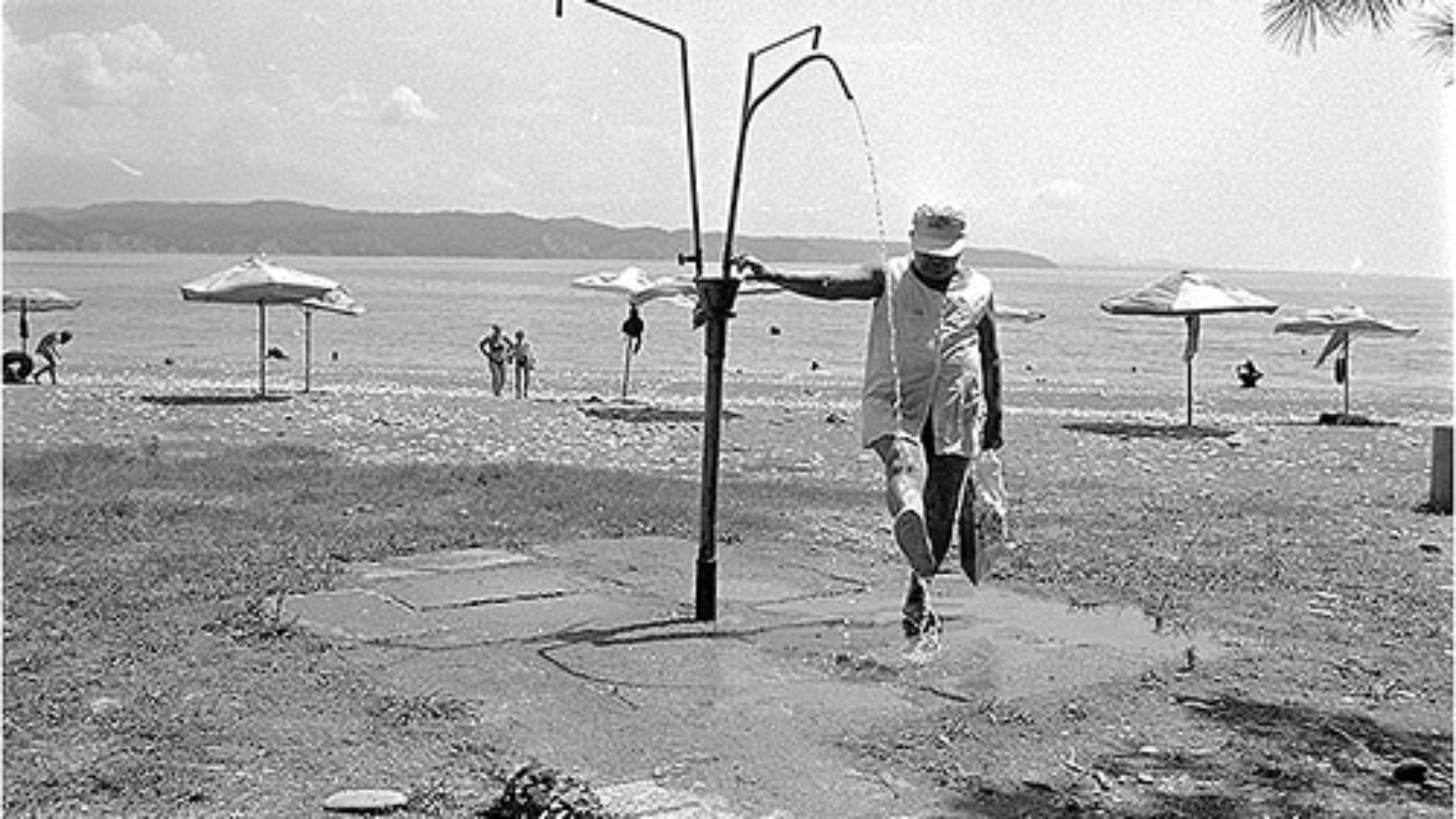A brief but comprehensive overview of a region featured in our summer issue (on newsstands now).
Abkhazia seeks legitimacy, and with each passing second its chances seem to improve. Currently, the former Georgian territory is seen as an independent country by only four states—Nicaragua, Nauru, Venezuela and, of course, Russia.
On Thursday the United Nations ruled that Kosovo legally seceded from Serbia in 2008, prompting Abkhazian President Sergei Bagapshto reaffirm Abkhaz statehood. “The decision of the International Court once more confirms the right of Abkhazia and [fellow breakaway Georgian region] South Ossetia to self-rule,” he said.
Recognized independence for the breakaway region may well be on the horizon. EU Special Envoy Peter Semenby met with the Abkhazian Prime Minister—Sergey Shamba—on July 14. While Shamba declared he was not asking the EU for recognition, the meeting is important nonetheless.
A Moscow analyst said that the meeting showed “the essential difference in the approaches of Washington and Brussels” when it comes to Abkhazia.
The belief is that while the United States is standing its ground on the Abkhazia and South Ossetia issue, the European Union is warming to the idea of Abkhazian independence. The EU has a “non-recognition and engagement policy” toward Abkahzia—it does not see Abkhazia as a state, but is willing to interact with it. Although this policy does not technically legitimize Abkhazia, there is no doubt that, at least to some degree, it does.
EU is also encouraging Georgia to try and patch things up with its breakaway territories, and has mediated the negotiations between Georgia and Russia. NATO, which halted its connection with Moscow in 2008 due to Russia’s recognition of Abkhazia and South Ossetia, has decided to put to rest those differences and work again with Russia toward global security.
Despite the Americans’ best efforts to improve relations with Russia, a quote by Hillary Clinton not-so-subtly showed the state department’s feeling on the Abkhazia and South Ossetia issue. Clinton referred to the Russian troops in Abkhazia as an “invasion and ongoing occupation” of Georgia. The Russians did not take kindly to the phrase, and criticized the Secretary of State for the statement.
-Seth Walder, photo by karmaoverdogma via Flickr
Further reading:
-
From Mirian Jugheli, a displaced Abkhaz in Georgia
The PM on the current political situation
On the ethnic cleansing of Georgians by Russian-supported Abkhaz militias
Photo essay on the remains of the Soviet resort that Abkhazia once was, and might again be
Featured: Wakhan, Somaliland, and the Modern State
by Ed Hancox at The Mantle
Why do we continue to reinforce—at the cost of security, lives and resources—borders that are impractical and rooted in irrelevant history? Hancox examines the international community’s loyalty to the notion of territorial integrity, taking a look at areas that could benefit from independence, including Somaliland, Abkhazia and the Pashtun tribal region at the Afghan-Pakistan border.
Think for a minute about the Wakhan Corridor. You say you’ve never heard of the Wakhan Corridor? Don’t feel bad, not many people have since it is one of the most remote places on Earth. Look at a map of Afghanistan; see that long, skinny piece jutting out from the northeast corner reaching over to China, the thing that sort of resembles a giant splinter sticking in the flank of the country? That is the Wakhan Corridor, a mere ten miles wide in some areas, it is a place that owes its existence to the geopolitical machinations of the 19th century; created by the British and Russian Empires while they were busy carving up Central Asia as a buffer to ensure their respective realms didn’t actually touch each other.
The Wakhan Corridor is a reminder of just how much of the map of the globe we see today was actually the creation of a handful of European rulers in the 19th and early 20th centuries, and a reminder of how often international borders were drawn up for reasons that had little to do with the actual realities on the ground. More than a century later we are still dealing with the consequences of these decisions.
article continues here
Read more about the disputed territory of Abkhazia in World Policy Journal’s Fall 2010 issue, online and on newsstands.
